Health
WHO Alarm: Urgent Call to Action Against Rising Diabetes in Africa
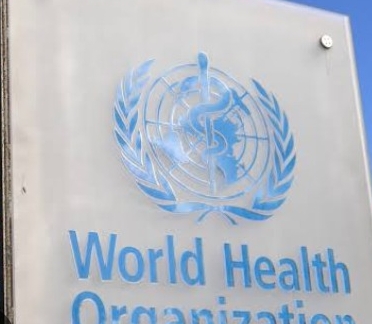
The World Health Organization (WHO) has raised concerns about African leaders becoming complacent in addressing diabetes, labeling it a “silent killer.
” The WHO’s Regional Director for Africa, Dr. Matshidiso Moeti, issued a stark warning during the 2024 World Diabetes Day commemoration, emphasizing the disease’s escalating prevalence due to urbanization, unhealthy diets, and physical inactivity.
- EDITOR’s PICK
- Supreme Court to Hear TikTik’s Bid To Avoid Ban
- Stubborn Ministers Have No Place in Your Govt – Akpabio Tells Yinubu
- Federal Government To Implement Tax Waivers on Drugs From Jan 2025
Currently, more than 24 million adults in Africa are living with diabetes, with half undiagnosed.
Projections suggest that without urgent intervention, this figure could rise to 54 million by 2045, marking the highest increase globally. Dr. Moeti highlighted that Africa invests the least in diabetes care globally, dedicating only 1% of health expenditure to the condition.
This, combined with health systems traditionally focused on infectious diseases, leaves chronic conditions like diabetes under-prioritized.
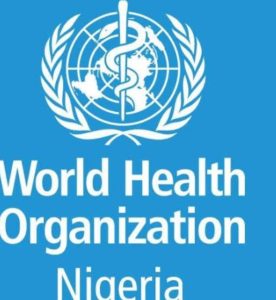
She stressed the need for a holistic approach, including better access to essential medicines, improved nutrition, mental health support, and robust prevention strategies targeting risk factors such as obesity, poor diets, and inactivity. Collaborative efforts involving individuals, communities, governments, and civil society are essential to combat the disease effectively.
In Nigeria, diabetes prevalence has reached 3.46% among adults, with regional disparities evident.
The South-South zone records the highest prevalence at 9.8%, while the North-Central zone has the lowest at 3.8%. Experts attribute the rise to lifestyle changes linked to urbanization, unhealthy diets, and harmful habits such as smoking and alcohol consumption.
Dr. Uche Okenyi of Hova’s Place Hospital, Lagos, emphasized public awareness as the first step to addressing diabetes.
He explained that the disease, which damages organs due to blood vessel complications, includes two main types: Type 1, commonly affecting adolescents, and Type 2, often linked to lifestyle factors.
- FURTHER READING
- From ‘No Gree’ to Steeze’-10 Nigerian Slangs That Took Over Social Media in 2024
- Naira Strengthens Further on Black Market as Dollar Declines
- NIMR Seeks Alternative Energy as Electricity Cost Hit #218 Million
To curb the rise, Nigeria and other African nations must prioritize diabetes prevention, strengthen primary healthcare systems, and dispel myths surrounding the condition.
The WHO’s recommendations underscore the urgency of creating supportive environments that promote healthy living, reduce stigma, and ensure affordable care.
Dr. Moeti urged all stakeholders to take decisive action, stating, “Together, let us break barriers and address the gaps, raising awareness and creating lasting change for everyone affected by diabetes in Africa.”
Click Here For The Video of The Week
Advertise or Publish a Story on EkoHot Blog:
Kindly contact us at [email protected]. Breaking stories should be sent to the above email and substantiated with pictorial evidence.
Citizen journalists will receive a token as data incentive.
Call or Whatsapp: 0803 561 7233, 0703 414 5611








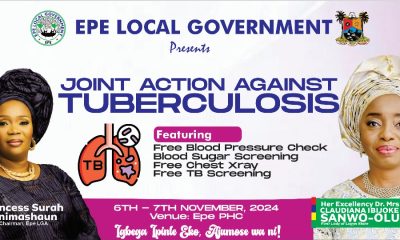

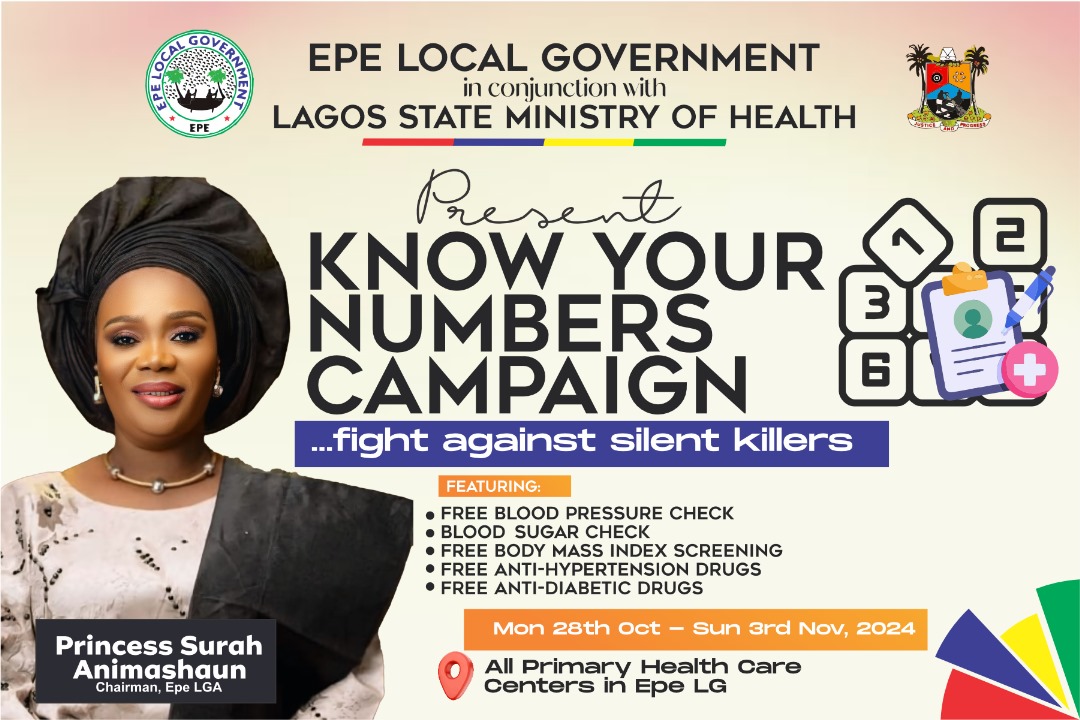
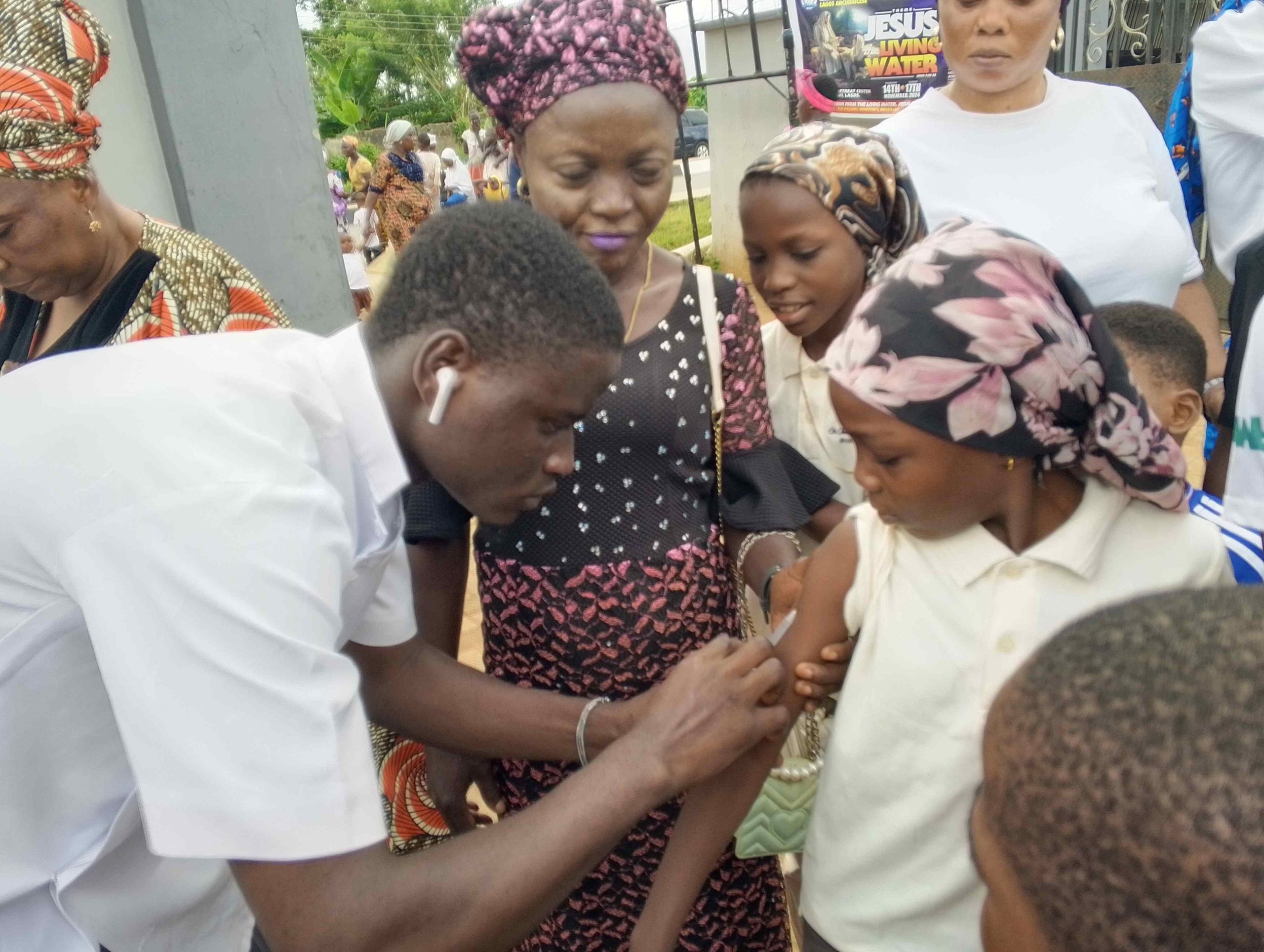





You must be logged in to post a comment Login